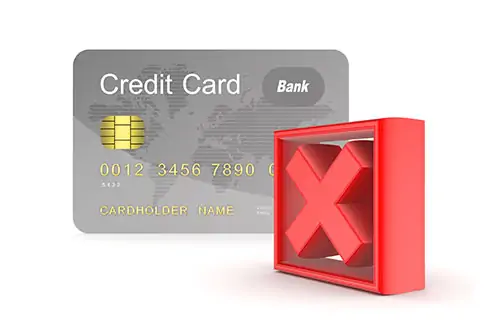

As the use of credit cards continue to grow among Indians especially the young generation, the danger of credit card information falling into the wrong hands. Through the use of simple precautionary steps like using a difficult password/using an OTP, ensuring that you use your credit card for online purchases at reliable merchant website,using secure web pages (HTTPS and SSL encrypted) sites for transactions, etc.can prevent you from falling victim to credit card fraud. To avoid fraud on your credit card from going unnoticed and piling up over months, ensure that you check your credit card statements regularly very month.
The importance of checking your account statement
If you do not inform the bank about the fraudulent activities you noticed on your credit card within a specified period (usually a month), your card issuer will assume that you have accepted all the billings as reflected in your statement. So be prompt in checking your statement without fail. If you fail to inform the bank of the fraud on your credit card within the preset period after receiving the statement, you will be legally liable to pay the amount even if the charge was fraudulent to begin with.
Steps to take when you notice fraudulent activity on your credit card
- Let the bank know about the fraudulent activity immediately
If you are registered to receive emails and text messages on your mobile phone whenever a transaction is carried out on your credit card and you get an alert for a purchase you did not make, inform the bank promptly. The best number to call in this case is the phone banking number on your credit card and it would be ideal if you are already ready registered for phone banking using a T-PIN (Telephonic Personal Identification Number). Doing so, will alert the bank authorities and they will hotlist your credit card so that it is deactivated and cannot be utilised for any more transactions.
- Don’t forget to follow up on the Initial Request
If the card issuer is reluctant when it comes to dealing with the fraud on credit cards. In case your bank does not act immediately on your complaint, send out a mail and keep a copy of it with yourself in case you need documentation later on as proof that you had pointed out transactions that you did not make.
- Approach the Banking Ombudsman
An ombudsman is appointed by the RBI to ensure that the consumer’s grievances are looked into, in case the bank fails to give a satisfactory response. So if you feel the bank is not doing enough to resolve the issue, you can approach the ombudsman responsible for your jurisdiction.
- Push for a chargeback
A chargeback is a safety net of sorts provided by credit card companies whenever a consumer wants to cancel a particular purchase made, in case they are dissatisfied with the product or have been billed incorrectly. The charge back procedure can be resorted to in case of fraudulent activities or billing errors made by a merchant to your credit card.
How does the chargeback procedure work?
To completea charge back, you basically have torequest the issuer to revert the amount used for making fraudulent purchases on your credit card and not pay the merchant for the transaction or transactions.In order to ensure your charge back request is catered to, you must file your charge back claim with all relevant documents within 180 days from the date of purchase or the date on which the charge appeared on your credit card account statement.
However, the claim procedure is time consuming and definitely not instantaneous. The bank or card issuer conducts its own investigation regarding the fraud and if they find your claim for a charge back worthy, they will take the necessary steps. So ensure you practice good financial discipline usage habits to help make a strong case.
Conclusion
Although cases of fraud do not usually affect your credit score, it is an unnecessary hassle that no one bargains for. To save yourself the trouble of running around to resolve fraudulentcharges on your card take the aforementioned steps for security on credit card transactions.